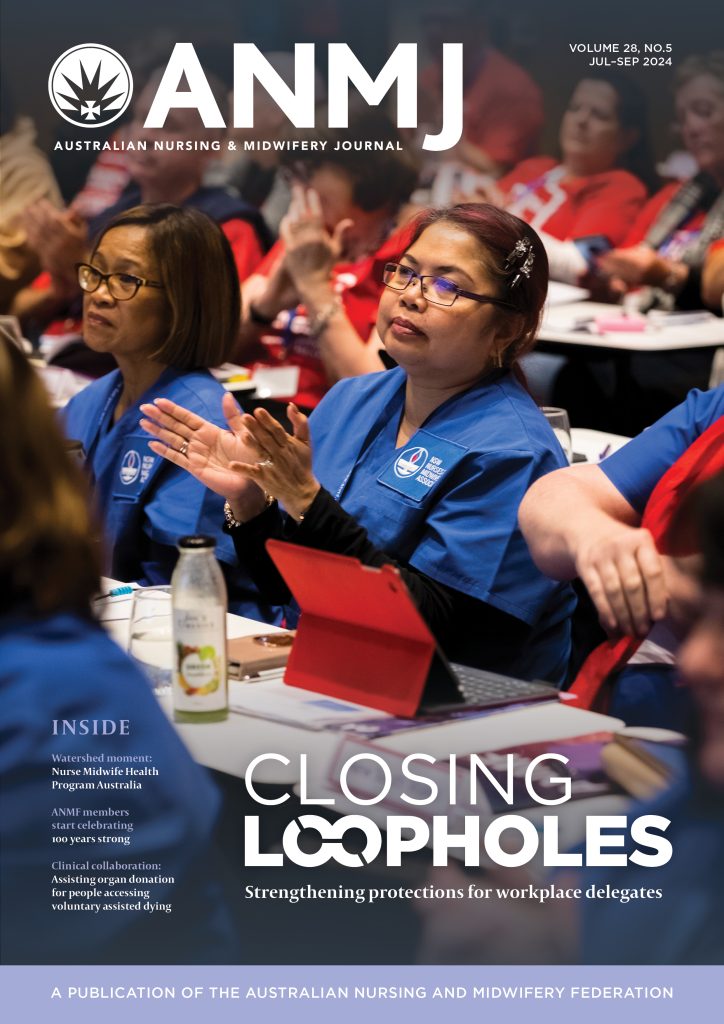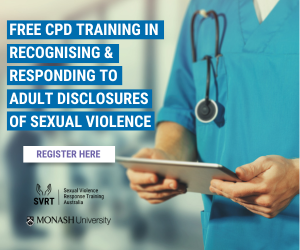Many nurses embark on Master’s degrees in nursing to build their knowledge and skills and advance their careers.
Masters students typically tailor their subjects to further their career pathway. For some nurses, it may help fulfil aspirations to become a nurse practitioner. Alternatively, other students might select a research masters and pursue a research agenda.
Whatever the direction, Master’s degrees, which take two years of study to earn, have many benefits, such as helping nurses gain the skills and confidence to lead a specialty, or move into management roles.
Nurse Jacalyn McDonald is the Acting Patient Flow Coordinator at the Flinders Medical Centre’s Emergency Department in South Australia.
She completed her Master’s Degree in Nursing at The University of Adelaide back in 2008, opting for the research pathway.
“I always knew that I wanted to do some further study in nursing,” she explains of her motivation.
“I am very interested in the advancement of the profession and how we can strive ourselves to move forward professionally and educationally in the practice we conduct and how we are as a professional group.”
An inquisitive person by nature, Jacalyn’s research Masters investigated the recruitment and retention of Generation Y nurses. Back then, she was intrigued by how the new cohort of nurses behaved and what they would bring to the profession.
Adding to her interest were generalisations, spread in the mainstream media, about their personality traits and work ethic.
“What I ended up finding was they’re actually a fantastic, dynamic, interesting group of people,” Jacalyn says.
“I was hearing lots of things like they want to be in charge straight away; they aren’t loyal; and they don’t want to stay in the one workplace for a long time. I found that wasn’t necessarily the case but even if it was, why is that a bad thing? They want to grow, they want to develop. They’re not a generation that can probably have the same career from day one to retirement.”
Looking back, Jacalyn believes undertaking a Masters in nursing fostered her leadership skills and helped advance her career. For example, the degree, which gave her higher qualifications, assisted in securing other positions, including a teaching role at university.
“I would not have been qualified or considered for those roles without it,” she suggests.
“They were an essential requirement for some of the jobs that I’ve done. I’ve also done some research roles at the hospital I work at since completing the Masters and I wouldn’t have been a candidate, eligible or had the skills.”
Many nurses consider undertaking a Masters but encounter financial or time barriers.
Jacalyn didn’t have children at the time but still had to juggle her study with working full-time and maintaining a healthy home life.
“You have to be a motivated adult learner,” she says.
“It has to be something that you can see a benefit in and that you want to do. That will ensure that you’re going to be motivated to make it work.”
Reflecting on obtaining a Master’s Degree, Jacalyn says the benefits have been considerable. They include enhanced leadership, which ultimately translates to better patient care.
“It makes you able to more critically reflect and it makes you think a little deeper about the profession. Certainly, I think it’s made me a better leader in nursing. Sometimes I feel like what it allows me to do is bring a different perspective to how we [as a profession] might be looking at things. For example, things like how do we role progress young nurses who are keen and want to learn and want to be skilled really quickly?”
Jacalyn’s advice to early career nurses considering undertaking a Master’s Degree down the track is to pick the right course and be realistic about the time commitments involved.
“Think about the direction you want to go in your career and where you see the profession taking you and pick the study pathway that suits you best,” she says.
“Look at the different options when it comes to Masters programs. Think about whether academic research life is you and if you want to go down that path. For a lot of the colleagues I work with, a Masters is a means of them getting into a management role in the clinical setting.”









